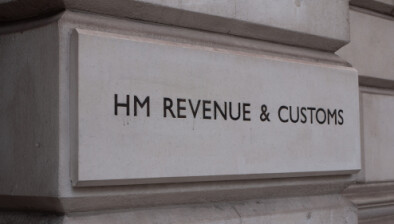Wbg urges caution on HMRC’s controversial direct recovery of debts

Paul McDougall
Paul McDougall, associate partner and insolvency practitioner at Wbg, has voiced strong concerns about the impact on ordinary households and small businesses of HM Revenue & Customs (HMRC) restarting its controversial direct recovery of debts (DRD) programme.
The DRD programme allows HMRC to take money directly from bank accounts or cash individual savings account (ISA) of debtors owing more than £1,000. Paused during the pandemic, the scheme has now resumed in a ‘test and learn’ phase, targeting individuals and businesses HMRC believes can pay but are choosing not to.
HMRC’s DRD scheme includes safeguards such as leaving at least £5,000 in accounts, giving 30 days’ notice with a right to object or appeal on hardship grounds, and allowing joint account holders to challenge withdrawals.
“We support fair tax compliance, but DRD risks sweeping up not only those deliberately withholding payment, but also people already under severe financial strain,” said McDougall. “The danger is that funds may be withdrawn suddenly, leaving families or businesses unable to meet essential costs.”
Wbg is concerned that HMRC’s assumptions about who can afford to pay may be unrealistic, that sudden withdrawals could destabilise households and small businesses, that joint account holders’ risk being unfairly affected, and that appeal rights may be too complex or inaccessible for many.
Mr McDougall said: “There are legal protections and structured solutions available in Scotland, such as the Debt Arrangement Scheme, Trust Deeds, and Sequestration. The sooner individuals or businesses reach out, the more options remain open – and the greater the chance of avoiding the harshest consequences.”







